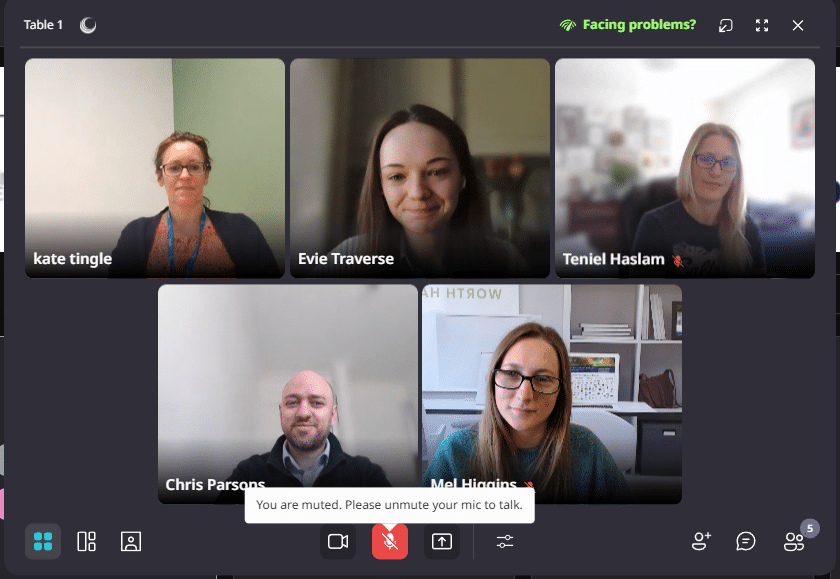
The theme for #NAW2023 is “Skills for Life” encouraging employers and learners to reflect on how apprenticeships can drive development in careers, future-ready skills and the talented workforce needed across the UK. Whilst this is a laudable focus for this year’s celebration of Apprenticeships, it is useful to help flesh out the #SkillsForLife concept more, exploring why longer-term development is important and recognise the challenges that need to be addressed.
As a Tech and Digital training provider, TDM looks at Skills for Life in this context, with Tech skills essential to virtually all organisations whether they be large or small, local or international and whether they’re in the public, private or third sector. Use of Technology is everywhere – communicating and marketing services and products online, network infrastructure and hardware that enables organisations to operate, data to be collected, stored, analysed, protected and reported and so on -, as is the need for a skilled workforce to effectively utilise it.
A fundamental factor of Technologies is their constant development, evolution and change. Therefore, the skills needed to understand and make use of technologies also need to develop, evolve and change over time. software updates, new versions of basic programmes come in, new productivity tools arrive to instigate collaborative working, coding languages change, new hardware is adopted etc. We cannot therefore, learn that one coding language that will see us through the rest of our career;
Skills for Life are learning how to learn and also relearn.
The skills needed are no longer the three Rs of the 20th Century of Reading, wRiting and aRithmetic, but the three Rs of the 21st Century, being Research, Reflection and Responsibility, all of which are embedded throughout a longer-term Apprenticeship journey.
Research – e.g. the ability to find and implement a particular complex formula on an Excel spreadsheet from guidance on a technical forum, or a correct driver on a computer to install some hardware
Reflection – a key learning process, embedded into Apprenticeships via ePortfolio creation
Responsibility – the ability and drive to take ownership of your own skills development e.g. Making sure you know how to use Google Analytics whenever substantial changes are made to the platform
What is implicit in the concept of Skills for Life but should be explicit is the need to be training throughout our careers and Apprenticeships (alongside other funded programmes) are essential for reskillers who are already in the job, not just new recruits.
The challenges faced with the adoption of Skills for Life as a concept are cultural and embedded; “Apprenticeships are just for young people”, “Apprenticeships are only lower level”, employers are reluctant to release time for Off The Job Learning, fear of staff leaving after they have been trained, the Levy seen as a tax etc.
Employers can be helped to recognise that Skills development for their teams can be aligned with their business objectives (identified via an Organisational Needs Analysis) and be embedded into strategies to help drive an organisation forward,
That Skills development is a long term process, not a quick fix and that investment in skills (especially in terms of time) is a worthwhile investment with benefits to the organisation, including improved organisational performance and retention of talented staff.





